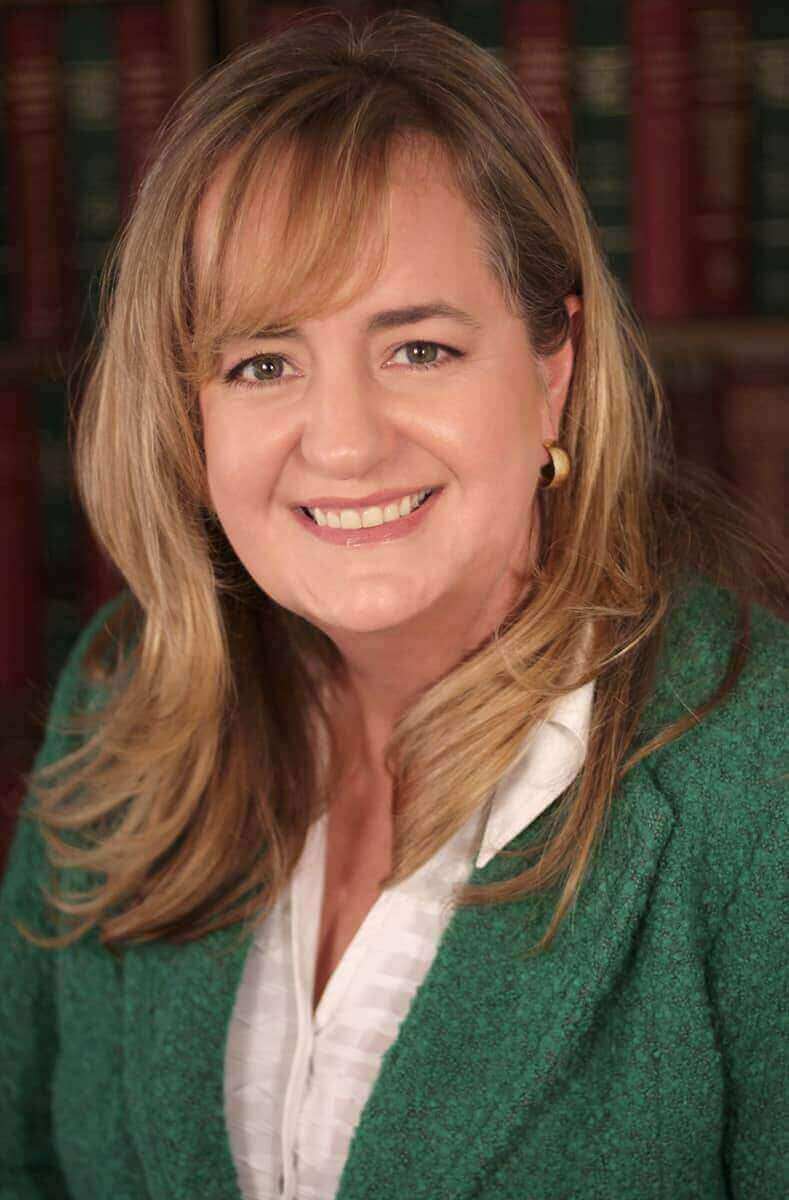A “No,” turns into “Yes”, and another future millionaire is created. Here’s how…
Many of you have heard my recommended plan for building a portfolio of properties. First 4 units, then 4 more or 2 more in a better area, then a vacation condo that can be rented, then a house. And buy them cheap!
John (name changed because he wants to maintain privacy) is 26. and came in to get financing to buy a condo.
After crunching the numbers, he could afford $200,000. Which is low for the greater Los Angeles area. He was disappointed, but I told him my bad news is the best thing to happen to him!
I asked him if he would be open to hear how he could afford MORE than $200,000, look like a genius, and feel like one in as few as 10 years?
I explained to him that the first properties (yes plural) he buys should be units. Why? Because as a first-time buyer he can buy units with as little as 3.5% down or $17,500 on $500,000.
We then crunched numbers and learned that on a $500,000 property, he could get $2000 in rent and live in the smaller unit. A year later, if he chooses to, he could move out of his unit. and rent it for $1700. Covering the mortgage with a little left over.
He ended up through friends (what you talk about you bring about), finding a property that wasn’t even on the market for $480,000, that had a 3 bedroom 1 bath unit ($2200 per month), and a 1 bedroom 1 bath unit that he could live in (later to be rented for $1500 in today’s market).
He put $16,800 down, did a “ZERO COST” FHA loan, and the seller paid the prorated interest insurance and taxes. His PITIMI is approx. $3300 per month. His NET cost of ownership will be – 2200 = $1100, however he also has the tax benefits of owning, and has a rental (more to write-off). Once he moves out of his smaller unit, and rents it out for $1500, he will be making $3700 – $3300 PIITMI.
Though maintenance and possibly management fees will probably eat some of that up over the months, he is going to see rising rents put more and more money in his pocket.
Being an investor is educating yourself about learning what the financing options are, what the tax benefits are, what your buying power is, make a personal real estate portfolio plan, and taking action with trusted advisors.
Because the condo had HOA dues of $400 (and rising from there) he barely could squeak into a condo, and certainly would not make the best rental property if he had to move out.
I was so glad he saw the numbers clearly, and I stopped him from making a huge strategic mistake.


